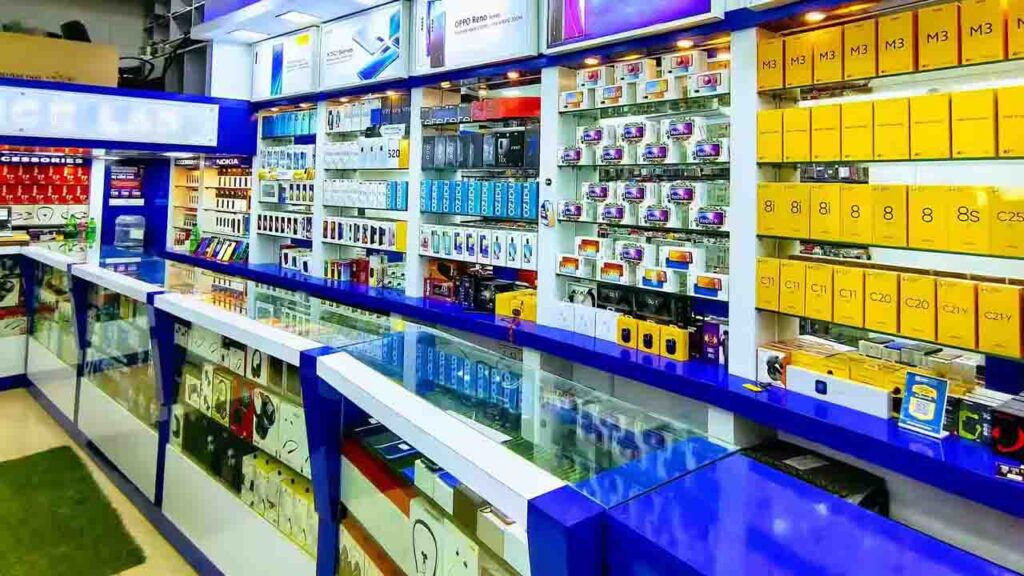- AFP
- 10 Hours ago

Mobile shop owners in Punjab exploit consumer demand
-

- Web Desk
- Dec 29, 2023

LAHORE: In several cities across Punjab, including Lahore, Gujranwala, and Rawalpindi, a concerning trend has emerged among local mobile shopkeepers.
Instead of adhering to official company prices, these shopkeepers are setting their own rates for mobile phones, particularly affecting mid-range smartphones priced below Rs80,000 in Pakistan.
The issue is most prevalent with reasonably priced phones, where some shopkeepers are demanding a premium of up to Rs10,000 for a phone with a company-listed price of around Rs60,000.
Shockingly, these devices are being sold for as much as Rs70,000 by certain shopkeepers, who attribute the inflated prices to a perceived shortage caused by increased demand.
It raises eyebrows that, despite the official mobile maker selling phones in Pakistan, such practices are allowed to persist.
Despite the company’s fixed price of Rs60,000, these phones are being sold at a premium. Some shopkeepers are even referring to it as consumers obtaining the phone at a “black” rate.
This unsettling trend follows the on-culture seen in the Pakistani auto market, extending its reach to other markets as well.
Moreover, phones labelled “short” in the market, indicating limited availability, are being resold by individuals who have used them for months.
Surprisingly, these second-hand phones are openly listed on online marketplaces at prices higher than the original purchase cost.
The reasons behind this phenomenon remain unclear. It is speculated that mobile manufacturers may have initially mispriced these phones, later regretting the decision and halting the supply due to the unexpectedly high demand.
Another possibility is that local mobile sellers have intentionally created a black market and shortage scenario to capitalise on the situation for increased profits.
However, the primary cause remains elusive, making it unfair to assign blame without concrete evidence.
Read next: Expected petrol price on January 1st





